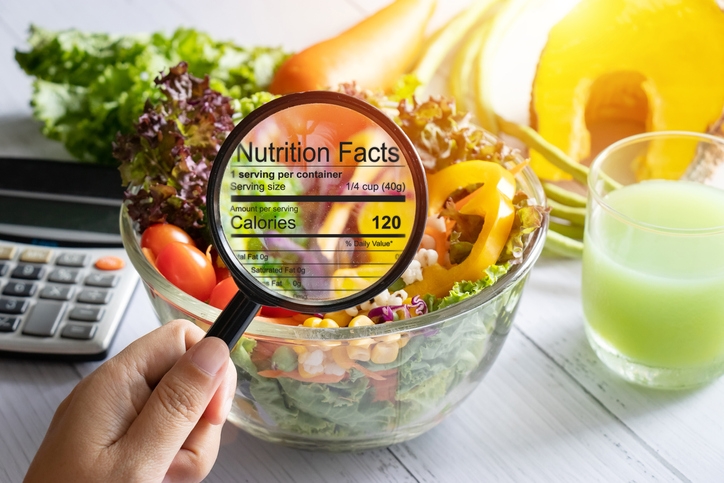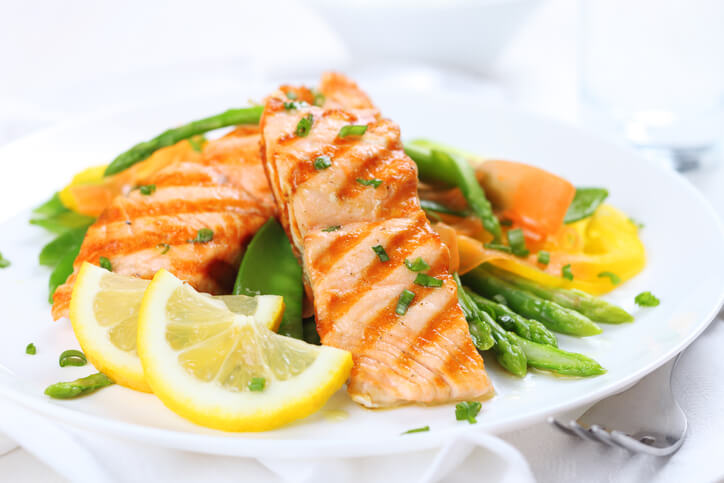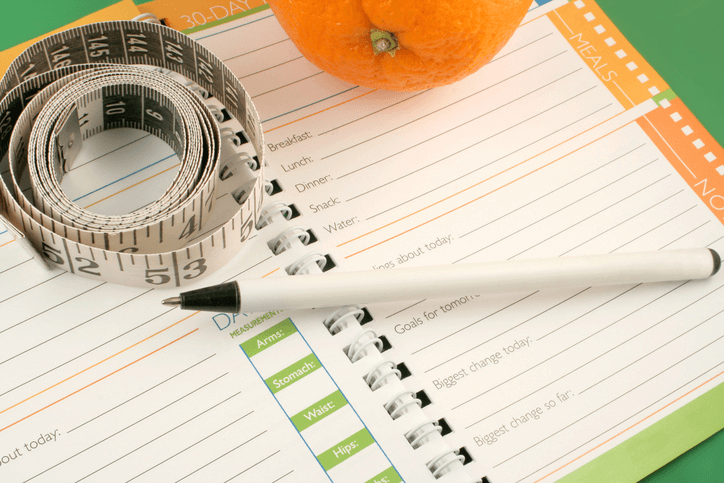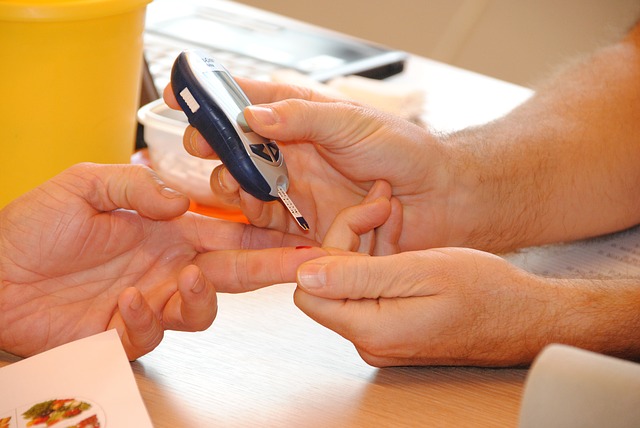Pre Bariatric Surgery Diet Guide
Once you’re scheduled for your operation, your surgeon and a registered dietitian will have you start a diet to prepare for bariatric surgery. This diet is vital to the success of your operation, and if you don’t follow it, your surgery could be postponed.
The goals of a pre-bariatric surgery diet include:
- Shrinking your liver to reduce the risk of complications
- Preparing your stomach for surgery
- Protecting muscle tissue with increased protein
- Priming you for your post-op diet
- Losing a bit of weight in advance
Pre surgery weight loss may seem counterintuitive, but it’s actually quite important. By losing 10-15 pounds in advance, you’ll make success more likely. There will be a lower risk of complications during the operation, and you’ll already be practicing portion control and other dietary principles.
While the specifics depend upon what your surgeon and dietitian decide is best for your situation, your diet will generally begin once you’re scheduled for surgery. In addition, you’ll start a liquid diet about two weeks before your operation.
What Does the Pre-Op Diet Consist of?
Two weeks before surgery, you’ll go on a mostly liquid diet, though some solids may be permitted depending on your situation. In general, your diet will consist of:
- Protein shakes
- Protein powder in low-calorie fluids>
- Water
- Other high-protein, low-calorie fluids and foods
The goal is to keep your calorie and carbohydrate intake to a minimum while also increasing protein. By reducing calories, you’ll shrink your liver, which is perhaps the most important goal here. This is because obese patients often have what’s called fatty liver disease, and your surgeon will need to get around your liver to access your stomach for surgery.
By increasing your protein intake, you’ll prevent muscle loss as you lose weight. It will also be your source of energy pre- and post-op as you continue to keep calorie intake low.
Can I Eat Any Solid Food?
While pre-op diets consist mostly of liquids during the week or two prior to surgery, you’ll be able to eat solids up until that point. In some cases, you may also be allowed some solids or semi-solids before your operation, but liquid intake will be more of a priority the closer to surgery you get. It will also continue for a while post-op, after which you’ll start to slowly phase in solids.
Some of the solid foods you might be allowed to consume are:
- Fish
- Soft-boiled eggs
- Watered down hot cereal, such as cream of wheat, grits, or oatmeal
- Light yogurt
- Sugar free gelatin or popsicles
- Certain fruits
Before eating any solids during the two weeks leading up to your surgery, make sure you consult with your surgeon.
As with your liquid diet, the solids you eat during your pre bariatric diet should be high in protein and low in carbs, fat, and calories.
What Should I Avoid?
When it comes to diets, there are naturally going to be foods and substances to avoid. Your bariatric surgery prep diet will be no different. As you prepare for surgery, you’ll need to avoid the following:
- Smoking
- Alcohol
- Binge eating
- Saturated fats
- Foods high in carbohydrates
- Juices and other high-sugar beverages
- Carbonated beverages of all kinds
- Certain medications such as aspirin and ibuprofen
Remember, failing to follow these guidelines can delay your surgery or increase the risk of complications. As such, it’s best to stay safe and keep to your diet as strictly as possible.
Pre-Op Diet Tips
As important as your pre-op diet is, it’s going to be difficult, especially if you’re not used to dieting. You’ll have many challenges along the way. To help you keep to your diet and make the most of it, try these tips:
- Practice portion control with smaller plates, bowls, glasses, etc.
- Measure your portions. This is easy with a fluid-based diet.
- If semisolids are allowed, blend fruit into your protein shakes to vary them up a bit.
- Take multivitamins to replace missing nutrients.
- Get through the first few days. Your cravings for certain foods should diminish after a few days.
- Focus on protein first. Doing so can curb hunger.
- Consult with your surgeon if you feel weak or experience complications.
Multivitamins and Protein at Bariatric Advantage
As you prepare for bariatric surgery, you’ll want to make sure you’re getting all the nutrients you need. Daily multivitamins are an essential part of your pre-op diet, and they’ll continue to be important afterward as well.
If you’re preparing for bariatric surgery, check out the multivitamins and protein drink mix we offer through our e-store on Bariatric Advantage. Also, if you have any questions about pre surgery weight loss and dieting, contact Dr. Malladi.







